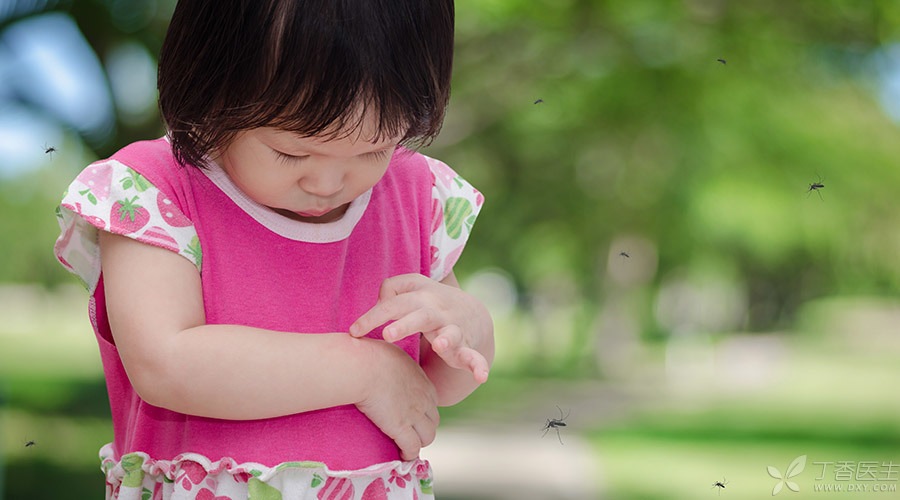Recently, the panic of dengue fever epidemic swept through Hangzhou, and even PPT documents entitled “Situation and Countermeasures of Dengue Fever Epidemic in Zhejiang Province” were circulated among various groups.
In addition to Zhejiang, Yunnan and Guangzhou have also reported the latest cases of dengue fever one after another. It seems that overnight, the strange name and a little strange disease swept across the south.
In fact, dengue fever is not a terrible disease in what. Timely treatment can reduce the mortality rate of dengue patients to less than 1%. However, if the intervention is too late, it may also cause life danger.
So, how can we do a good job of prevention and find out whether we are infected with dengue fever in time? Let’s talk about it carefully.
7 Ways to Effectively Prevent Dengue Fever

The most common mosquito transmitting dengue fever is Aedes mosquitoes, which have white markings on their legs, commonly known as [flower mosquitoes].
The most effective way to prevent dengue fever is to eliminate the eggs of Aedes mosquitoes and contain them from the source of infection.
Mothers can use the following methods to prevent mosquitoes and dengue fever.
Anti-mosquito measures at home:
1. Regularly clean water storage containers and drainage pipes in the home, and remove unnecessary water containers such as water tanks and pots.
2. Close the screen window and screen door behind you.
3. When the baby sweats, he should take a bath in time to keep his skin fresh.
4. Apply mosquito repellent liquid or emulsion to your baby. It is recommended to use mosquito repellent products containing DEET, mosquito repellent ester, ecaredin and lemon leaf eucalyptus oil.
Outdoor anti-mosquito measures:
5. Generally speaking, 8 ~ 10 am and 4 ~ 6 pm are the peak periods for Aedes mosquitoes. Try not to take your baby out for a stroll during these periods.
6. If you have to go out, it is recommended to put on light-colored long-sleeved trousers for your baby and smear mosquito repellent products on your bare skin.
7. Try to avoid staying in outdoor shade such as pavilions and green belts, and stay away from places prone to mosquitoes such as accumulated water and waste tires.
As long as we do a good job of mosquito prevention and control according to the above seven methods, we can effectively reduce the risk of dengue fever infection for babies and their families.
What symptoms will occur after infection with dengue fever?

After being bitten by mosquitoes carrying dengue virus, patients usually have flu-like symptoms.
Under normal circumstances, patients will have a fever above 40 ℃, accompanied by the following symptoms:
- Headache, postocular pain, nausea, vomiting, gland swelling, joint, bone or muscle pain, rash
Babies have a higher risk of contracting dengue fever. In addition, pregnant women, the elderly and obese are also vulnerable to dengue fever.
Once these people begin to have mild symptoms, it is recommended to see a doctor immediately.
It should be noted that after 3-7 days of onset, the body temperature of some patients has dropped, but in fact the disease may have worsened. Therefore, the following [alarm] signals should be paid attention to as early as possible:
- Severe abdominal pain, persistent vomiting, gingival hemorrhage, hematemesis, shortness of breath, fatigue and uneasiness.
Once the patient has the above situation, he should be immediately sent to hospital for treatment.
